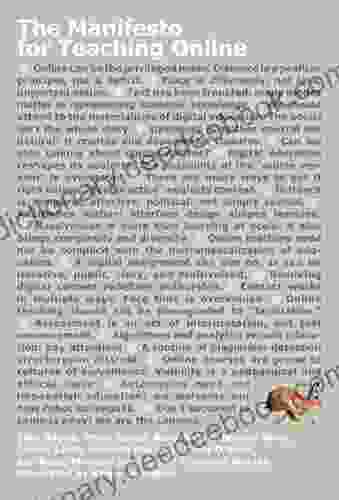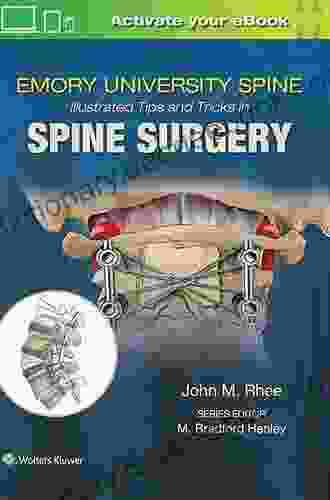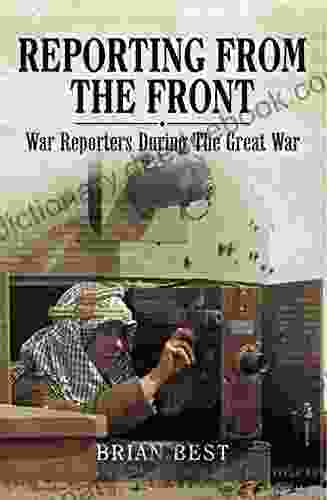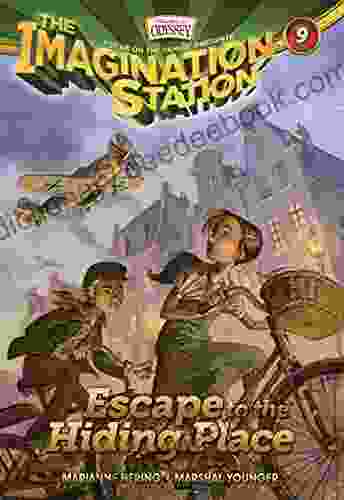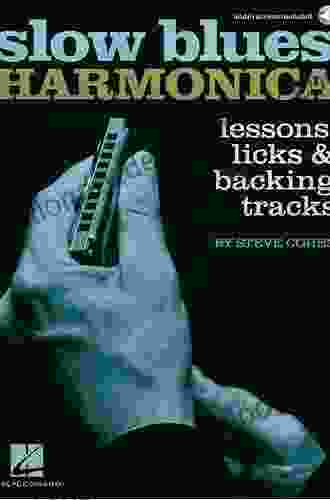The Manifesto for Teaching Online: A Comprehensive Guide to Effective Online Instruction

In the rapidly evolving landscape of education, online learning has emerged as a transformative force, offering unprecedented opportunities for students and educators alike. However, the transition to online instruction poses unique challenges, requiring educators to re-evaluate their pedagogical approaches and embrace new tools and technologies. To address these challenges and guide educators in delivering effective online instruction, this manifesto outlines a comprehensive set of principles and best practices.
4.4 out of 5
| Language | : | English |
| File size | : | 958 KB |
| Text-to-Speech | : | Enabled |
| Screen Reader | : | Supported |
| Enhanced typesetting | : | Enabled |
| Word Wise | : | Enabled |
| Print length | : | 272 pages |
I. The Student-Centered Approach
At the core of effective online teaching lies the student-centered approach, which places the learner's needs and experiences at the forefront of the learning process. This approach emphasizes:
- Personalized learning experiences: Tailoring instruction to the individual needs and learning styles of students.
- Active engagement: Encouraging students to actively participate in their learning through discussions, simulations, and collaborative activities.
- Meaningful assessments: Utilizing assessments that measure students' understanding and progress, while also providing constructive feedback.
II. Engaging Course Design
Well-designed online courses create an engaging and supportive learning environment. To achieve this, educators should:
- Use clear and concise language: Simplify concepts and provide clear instructions.
- Incorporate multimedia elements: Enhance engagement with videos, images, and interactive simulations.
- Structure content logically: Organize materials into manageable modules and units, ensuring smooth navigation.
- Provide regular opportunities for practice: Allow students to apply their knowledge through quizzes, exercises, and interactive assignments.
III. Effective Communication
Communication is vital in online teaching, as it fosters connection and collaboration. Educators should:
- Establish clear communication channels: Outline preferred methods of communication and response times.
- Respond promptly to student inquiries: Demonstrate responsiveness and support, creating a positive learning climate.
- Utilize asynchronous communication tools: Allow students to participate in discussions and ask questions at their own pace.
- Foster a sense of community: Encourage online forums and virtual meet-ups to build relationships and support among students.
IV. Involving Technology Effectively
Technology plays a crucial role in online teaching, but it should be used purposefully to enhance the learning experience. Educators should:
- Select appropriate tools: Choose technologies that align with the learning objectives and pedagogical approach.
- Provide clear technical support: Offer guidance and troubleshoot technical difficulties promptly.
- Promote digital literacy: Help students develop the skills necessary to navigate the online learning environment.
- Integrate technology seamlessly: Avoid excessive use of technology or sacrificing student-teacher interaction.
V. Assessment and Feedback
Assessment and feedback are essential for evaluating student learning and providing guidance. Educators should:
- Design formative assessments: Utilize frequent quizzes and activities to monitor student progress and provide feedback.
- Offer constructive criticism: Provide specific and actionable feedback that helps students improve their understanding.
- Utilize online assessment tools: Explore the use of automated grading systems and peer review tools to streamline assessment.
- Foster self-assessment: Encourage students to reflect on their learning and identify areas for improvement.
VI. Faculty Development
Continuous professional development is essential for educators to stay abreast of best practices and emerging technologies in online teaching. To support faculty growth, institutions should:
- Provide training opportunities: Offer workshops, seminars, and online courses on effective online teaching.
- Foster collaboration: Encourage educators to share experiences, best practices, and resources through online forums and communities.
- Recognize and reward excellence: Acknowledge and celebrate educators who demonstrate outstanding online teaching practices.
- Allocate time for reflection: Provide educators with dedicated time for self-reflection and evaluation of their teaching practices.
VII. Accessibility and Inclusivity
Online learning should be accessible and inclusive to all students. Educators should:
- Comply with accessibility standards: Ensure that course materials and technologies are accessible for students with disabilities.
- Foster a welcoming and inclusive environment: Create a classroom culture that values diversity and eliminates barriers to participation.
- Provide accommodations: Offer individualized support and accommodations for students with specific needs.
- Promote equal opportunities: Ensure that all students have equitable access to resources and support.
The Manifesto for Teaching Online serves as a comprehensive guide to effective online instruction, emphasizing the student-centered approach, engaging course design, effective communication, purposeful use of technology, thoughtful assessment and feedback, faculty development, accessibility, and inclusivity. By embracing these principles and best practices, educators can create transformative online learning experiences that empower students and foster their academic success.
4.4 out of 5
| Language | : | English |
| File size | : | 958 KB |
| Text-to-Speech | : | Enabled |
| Screen Reader | : | Supported |
| Enhanced typesetting | : | Enabled |
| Word Wise | : | Enabled |
| Print length | : | 272 pages |
Do you want to contribute by writing guest posts on this blog?
Please contact us and send us a resume of previous articles that you have written.
 Book
Book Novel
Novel Page
Page Text
Text Story
Story Genre
Genre Reader
Reader Paperback
Paperback Sentence
Sentence Bookmark
Bookmark Bibliography
Bibliography Foreword
Foreword Preface
Preface Manuscript
Manuscript Codex
Codex Tome
Tome Bestseller
Bestseller Classics
Classics Biography
Biography Reference
Reference Encyclopedia
Encyclopedia Dictionary
Dictionary Thesaurus
Thesaurus Narrator
Narrator Borrowing
Borrowing Stacks
Stacks Archives
Archives Periodicals
Periodicals Study
Study Scholarly
Scholarly Lending
Lending Reserve
Reserve Academic
Academic Reading Room
Reading Room Rare Books
Rare Books Thesis
Thesis Storytelling
Storytelling Reading List
Reading List Book Club
Book Club Textbooks
Textbooks Lynne Bradley
Lynne Bradley Zachary Lukasiewicz
Zachary Lukasiewicz Donna Andrews
Donna Andrews Zoe Shelton
Zoe Shelton Jane Snedden Peever
Jane Snedden Peever Valerie Ogden
Valerie Ogden Caroline Lawrence
Caroline Lawrence Kai Althoetmar
Kai Althoetmar Alexander Bold
Alexander Bold Jo Hamya
Jo Hamya Maya Banks
Maya Banks Ira Gershwin
Ira Gershwin Brian E Fisher
Brian E Fisher Claire Crompton
Claire Crompton Caroline Stevermer
Caroline Stevermer Patrick W Emmett
Patrick W Emmett Rosie May Garrett
Rosie May Garrett Lin Augustine
Lin Augustine Alexander Cooley
Alexander Cooley Ree Drummond
Ree Drummond
Light bulbAdvertise smarter! Our strategic ad space ensures maximum exposure. Reserve your spot today!

 Joseph FosterThe Enduring Legacy of the Declaration of Independence: A Reflection by Vijay...
Joseph FosterThe Enduring Legacy of the Declaration of Independence: A Reflection by Vijay... Nikolai GogolFollow ·10.6k
Nikolai GogolFollow ·10.6k Johnny TurnerFollow ·6.6k
Johnny TurnerFollow ·6.6k Samuel BeckettFollow ·16.4k
Samuel BeckettFollow ·16.4k Shawn ReedFollow ·12.5k
Shawn ReedFollow ·12.5k D'Angelo CarterFollow ·7.9k
D'Angelo CarterFollow ·7.9k E.E. CummingsFollow ·16.3k
E.E. CummingsFollow ·16.3k Marc FosterFollow ·5.1k
Marc FosterFollow ·5.1k Vincent MitchellFollow ·2.9k
Vincent MitchellFollow ·2.9k

 Jerome Powell
Jerome PowellBarbara Randle: More Crazy Quilting With Attitude -...
A Trailblazing Pioneer in...
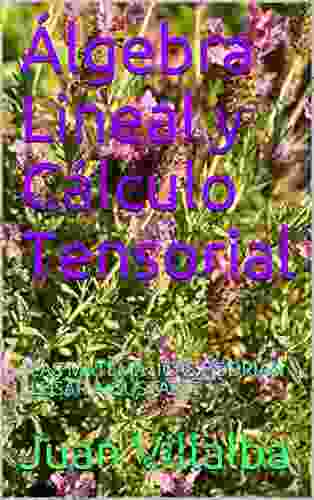
 Jan Mitchell
Jan MitchellLapax: A Dystopian Novel by Juan Villalba Explores the...
In the realm of dystopian literature, Juan...

 Rodney Parker
Rodney ParkerOur Mr. Wrenn: The Romantic Adventures of a Gentle Man
Our Mr. Wrenn is a 1937 novel...
4.4 out of 5
| Language | : | English |
| File size | : | 958 KB |
| Text-to-Speech | : | Enabled |
| Screen Reader | : | Supported |
| Enhanced typesetting | : | Enabled |
| Word Wise | : | Enabled |
| Print length | : | 272 pages |


